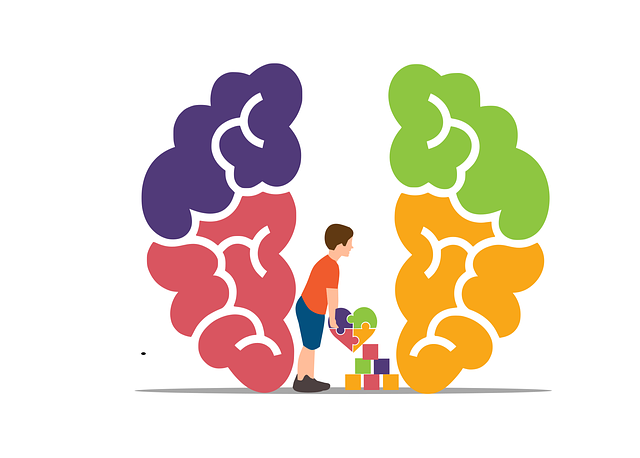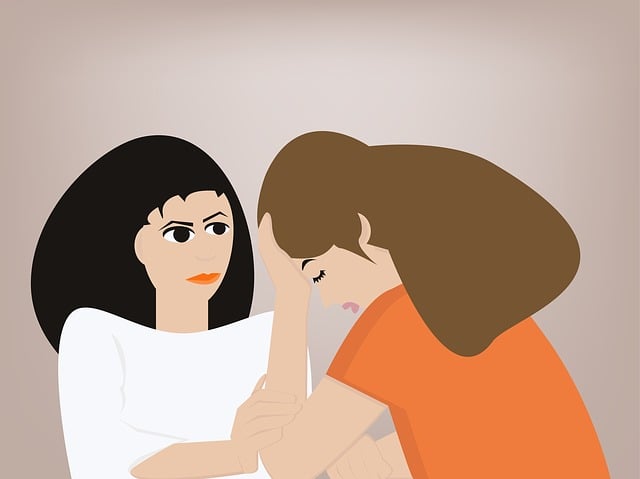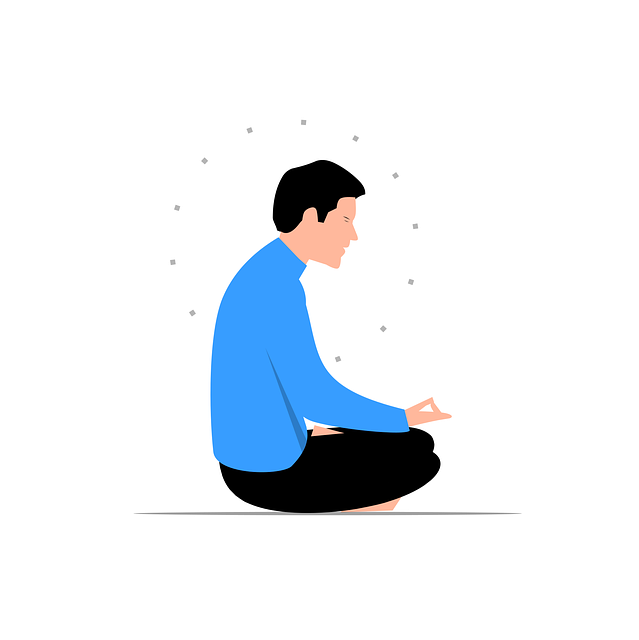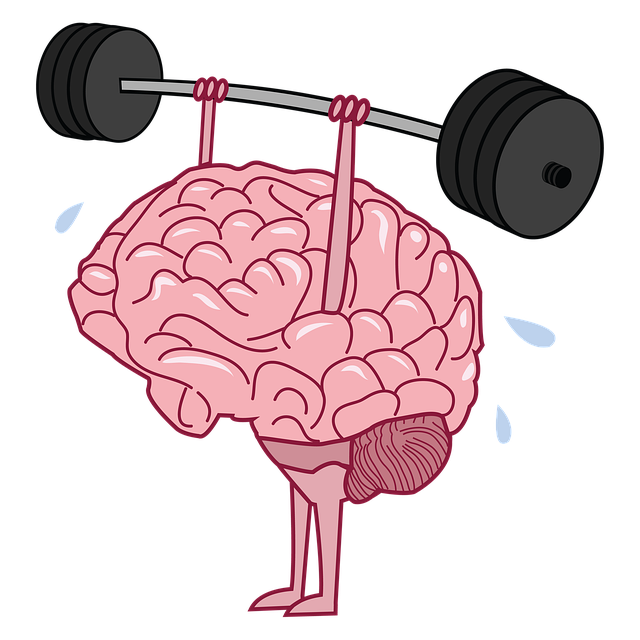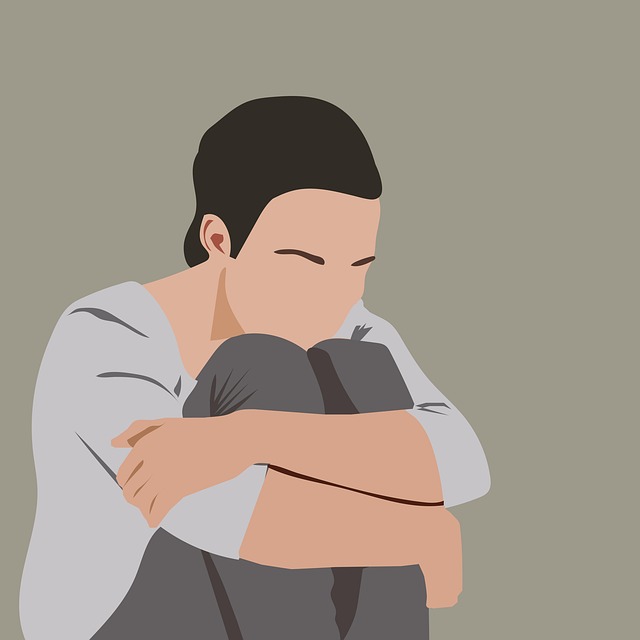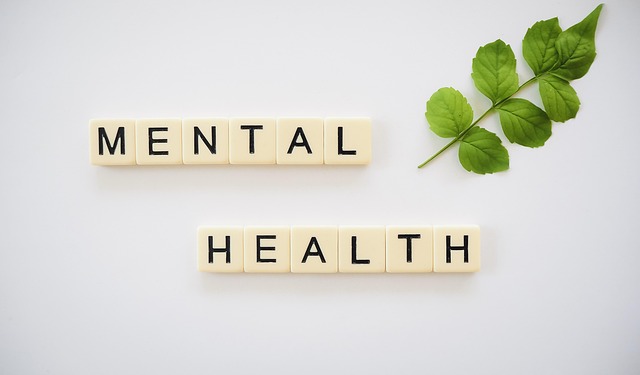Littleton Adolescent and Teen Therapy offers a holistic approach to empowering teens, addressing emotional changes, academic pressures, and identity formation through tailored self-care practices. Their evidence-based therapy sessions focus on building resilience, teaching coping strategies, and providing mental wellness coaching. By integrating activities like exercise and mindfulness, teens learn effective stress management and conflict resolution skills, leading to improved well-being in both personal and academic settings. The program's crisis intervention guidance, workshops, and support groups create a safe haven for adolescents to navigate life's challenges, fostering self-awareness and lifelong healthy habits.
In today’s fast-paced world, self-care is an essential practice for adolescents and teens navigating their development. The Littleton Adolescent and Teen Therapy article explores this vital topic, focusing on strategies to promote well-being. We delve into the significance of self-care for youth, offering insights on identifying tailored practices that foster resilience. From establishing routines to professional therapy, this guide equips parents and caregivers with tools to optimize self-care journeys for Littleton’s young individuals.
- Understanding the Importance of Self-Care for Adolescents and Teens
- Identifying Effective Self-Care Practices for Youth
- Implementing Strategies to Enhance Self-Care Routines
- The Role of Professional Therapy in Optimizing Self-Care for Littleton Adolescent and Teen Therapy Clients
Understanding the Importance of Self-Care for Adolescents and Teens

For adolescents and teens, prioritizing self-care is not merely a luxury but a necessity. This period of life is often marked by intense emotional and physical changes, academic pressures, social dynamics, and forming one’s identity—all of which can significantly impact mental wellness. Therefore, integrating self-care practices early on is crucial for navigating these challenges. Many young individuals may not recognize the value of taking time for themselves or may lack the tools to do so effectively; here is where Littleton Adolescent and Teen Therapy plays a vital role.
Therapy provides a safe space for teens to explore their emotions, develop coping mechanisms, and learn about mental wellness coaching programs. Crisis intervention guidance can empower them to handle stressful situations and prevent more severe mental health issues from developing. By fostering self-awareness and teaching valuable skills, adolescents can build resilience, improve their overall mental wellness, and set a foundation for healthy habits that will serve them throughout their lives.
Identifying Effective Self-Care Practices for Youth

For youth, identifying effective self-care practices is a journey towards better mental health and overall well-being. At Littleton Adolescent and Teen Therapy, professionals emphasize the importance of tailored strategies to meet individual needs. Encouraging positive thinking and fostering healthy habits are key components in this process. By integrating activities like exercise, mindfulness, and creative outlets into their daily routines, teens can enhance their resilience and emotional regulation skills.
Developing a consistent self-care routine enables youth to navigate life’s challenges with greater ease. Conflict resolution techniques, learned through therapy sessions, further empower them to manage relationships and stress effectively. These practices collectively contribute to building a strong foundation for mental health, allowing young individuals to thrive in both personal and academic settings.
Implementing Strategies to Enhance Self-Care Routines

Implementing effective self-care strategies is a transformative process that can significantly enhance overall well-being, especially for adolescents and teens navigating life’s challenges. The first step involves identifying personal needs and preferences, which may include physical activities like yoga or meditation, maintaining a balanced diet, and ensuring adequate sleep. Incorporating these practices into daily routines fosters a sense of balance and resilience, serving as a solid foundation for mental health.
Littleton Adolescent and Teen Therapy suggests tailoring self-care to individual personalities and lifestyles. Workshops focused on stress reduction methods and mental health awareness can empower young individuals with tools to manage their well-being effectively. These initiatives, often organized by support groups or community centers, provide accessible resources and a safe space for learning and sharing experiences related to stress management, ultimately contributing to happier, healthier adolescents.
The Role of Professional Therapy in Optimizing Self-Care for Littleton Adolescent and Teen Therapy Clients

For Littleton adolescent and teen therapy clients looking to optimize their self-care practices, professional therapy plays a pivotal role. Therapists equipped with empathy building strategies and an understanding of the unique challenges faced by young individuals can significantly enhance their ability to navigate stress, anxiety, and emotional turmoil. Through tailored interventions, these professionals foster resilience and teach effective coping mechanisms, empowering adolescents to take charge of their mental well-being.
Incorporating confidence boosting techniques into therapy sessions further strengthens self-care efforts. By addressing self-doubt and promoting a positive self-image, therapists help clients cultivate the courage to make healthier choices and pursue meaningful goals. Moreover, risk assessment for mental health professionals is crucial in identifying at-risk youth early on, enabling timely interventions that can prevent escalation of mental health issues. This holistic approach ensures that Littleton adolescent and teen therapy clients receive comprehensive support tailored to their unique needs.
Self-care is an essential aspect of healthy development for adolescents and teens, as highlighted by Littleton Adolescent and Teen Therapy. By understanding the significance of self-care practices, parents and caregivers can effectively guide youth towards identifying their unique needs. The article has provided a range of strategies, from setting daily routines to seeking professional therapy, all designed to optimize well-being. Incorporating these tactics into daily life can lead to significant improvements in mental health and overall happiness for young individuals, ensuring they thrive both personally and academically.


